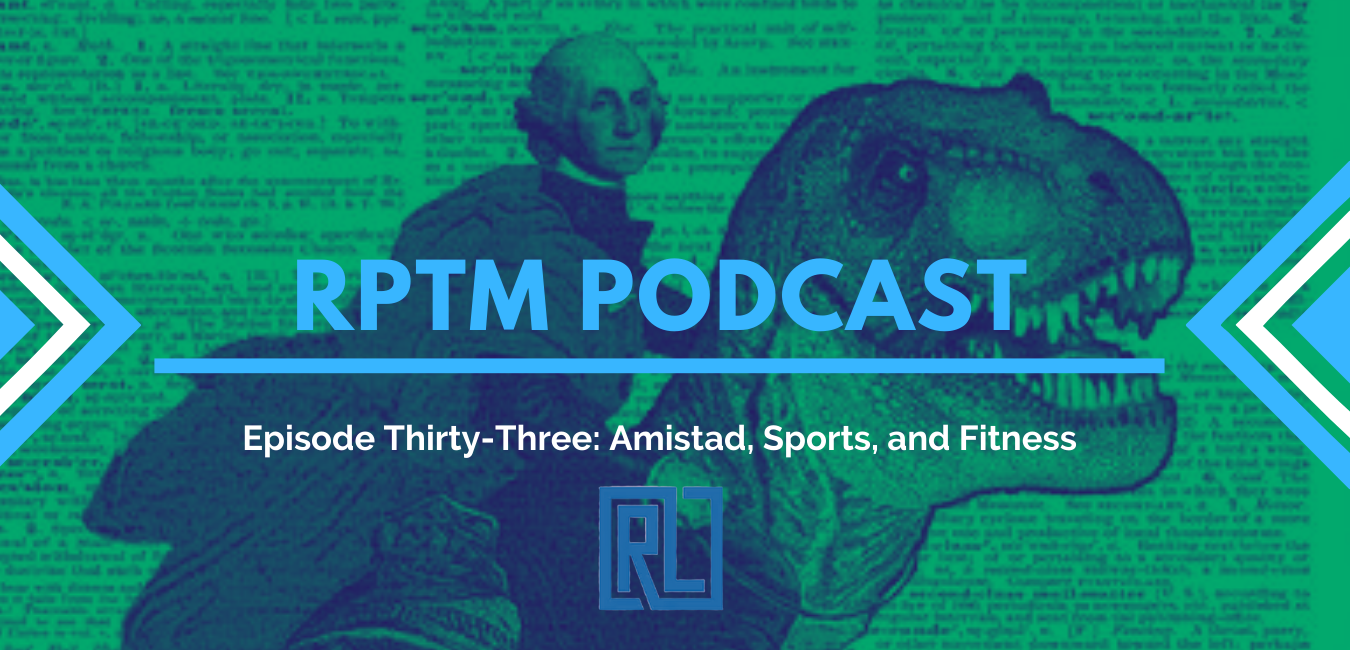|
Pseudohistory Lacks PEER REVIEW and goes directly to the public, avoiding historical scrutiny. Peer review history means that a historical entry will be read and evaluated by other scholars with expertise in the period, subject matter, languages, and documents the author deals with. As peers of the author in a specialized field, these reviewers analyze the review boards of agencies on the scholarly significance of the article: Does the author display knowledge of existing work in the area? Does the research design, processes, and methodologies, for example, conform with professional standards? Does the author advance an original argument and provide valid evidence to support the work? Suppose particular areas are weak or absent in the presentation. In that case, the peer reviewers suggest revisions that strengthen the project and call for resubmission before funding is awarded or a manuscript is accepted for publication. Researchers have peer-reviewed manuscripts before publishing them in a variety of ways since the 18th century. The main goal of this practice is to improve the relevance and accuracy of scientific discussions. Peer review is not a flawless process. Specific journals are accused of not carrying out stringent peer reviews to expand their customer base more easily, particularly in journals where authors pay a fee before publication. Since the exams and other tests that people pass on their way from "layman" to "expert" focus on answering the questions in time and accordance with a list of answers, and not on making precise distinctions, there is as much individual variation in the ability to distinguish causation from correlation among "experts" as there is among "laymen." Occasionally, however, peer review approves studies that are later wrong, and rarely deceptive or fraudulent results are discovered before publication. At times, peer review has been exposed as a process that historical researchers orchestrated for a preconceived outcome. Another problem that peer review fails to catch is ghostwriting, a process by which companies draft articles for academics who then publish them in journals, sometimes with little or no changes. Peer review is often considered integral to scientific discourse in one form or another. Shortcomings of peer review have been met with calls for even more vital filtering and more gatekeeping. Quality research - even some of our most fundamental scientific discoveries - dates back centuries, long before peer review took its current form. In addition to concerns about the quality of work produced by well-meaning researchers, there are concerns that a truly open system would allow the literature to be populated with junk and propaganda by those with a vested interest in particular issues. The interposition of editors and reviewers between authors and readers may enable the intermediates to act as gatekeepers. Criticisms of traditional anonymous peer review allege that it lacks accountability, can lead to abuse by reviewers, and maybe biased and inconsistent. There have also been suggestions of gender bias in peer review, with male authors likely receiving more favorable treatment. Some critics of open access journals have argued that open access journals might utilize substandard or less formal peer review practices compared to traditional subscription journals. Consequently, the quality of scientific work in such journals will suffer. Peer review fails when a peer-reviewed article contains fundamental errors that undermine at least one of its main conclusions, which more careful reviewers could have identified. There have been instances where peer review was claimed to be performed but was not. HIGHLIGHTS
CHAPTERS 0:37 Intro 4:40 The Amistad 12:51 John Joel Blanton 20:33 President William Henry Harrison 23:02 Slave Plantations and Sports 27:15 Early Physical Education RESOURCES Statement on Peer Review for Historical Research (2005) Scholarly peer review How the Amistad Rebellion, and Its Extraordinary Trial, Unfolded Meet John Joel Glanton: The Scalp-Hunting Mercenary Who Terrorized The Old West President Harrison dies—32 days into office Wrestling on the Plantation: History of Slavery and the Sport How enslaved Blacks beating each other to near-death was a great source of entertainment and cash for white plantation owners Physical Fitness and Nutrition
0 Comments
Leave a Reply. |
AuthorRyan Lancaster wears many hats. Dive into his website to learn about history, sports, and more! Archives
July 2024
Categories |


 RSS Feed
RSS Feed